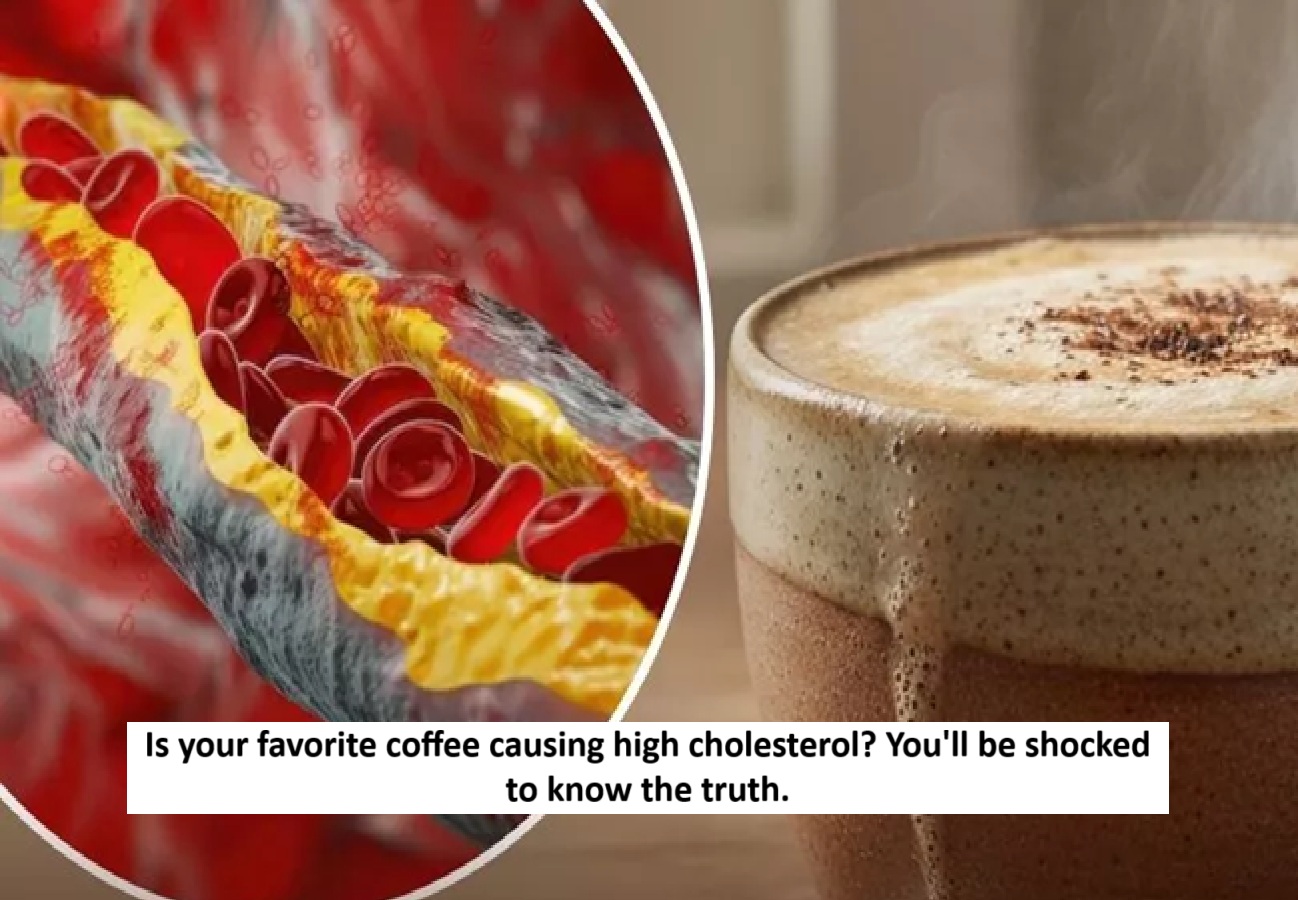
News Topical, Digital Desk : From waking up in the morning until going to bed at night, a cup of hot coffee is an essential part of many people's daily routine. But imagine what if this habit is slowly harming your heart? Yes, did you know that this habit, especially if you drink unfiltered coffee (such as French Press or Turkish coffee), could pose a threat to your heart health?
Yes, this may surprise you, but it's true. Coffee beans contain natural oils called cafestol and kahweol. Both of these are known to increase LDL cholesterol levels in the body. Let's learn more about this.
The connection between unfiltered coffee and cholesterol
Coffee beans contain natural oils called cafestol and kahweol. When we filter coffee through a paper filter, these harmful substances remain in the filter, but if you drink coffee made without a filter, such as a French press, Turkish coffee, or boiled espresso, these oils pass directly into your cup.
Apparently, these oils slow down the process of breaking down cholesterol in the body. This can increase the level of 'bad cholesterol' (LDL) , which directly contributes to heart disease.
Which type of coffee is more dangerous?
If you drink unfiltered coffee occasionally, there's no need to worry, but if you drink 4-5 cups of unfiltered coffee daily , it can raise your cholesterol. This is even more dangerous for people who already have high cholesterol or who have a family history of heart disease.
This coffee is more harmful
- French Press: It doesn't use a paper filter, so the oil content is higher.
- Turkish coffee: It is made by boiling, which makes it even more harmful.
- Boiled Espresso: Even though it is in small quantity, it contains high amount of 'Cafestol'.
Which method is the safest?
If you want to enjoy coffee and also take care of your heart health, then choose filter coffee.
- Drip coffee (with a paper filter): This is a safe option.
- Instant coffee: This is also a good option.
--Advertisement--

 Share
Share



